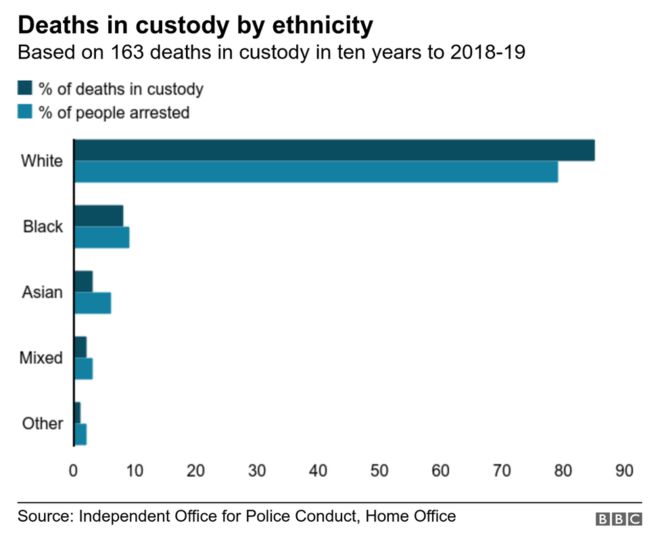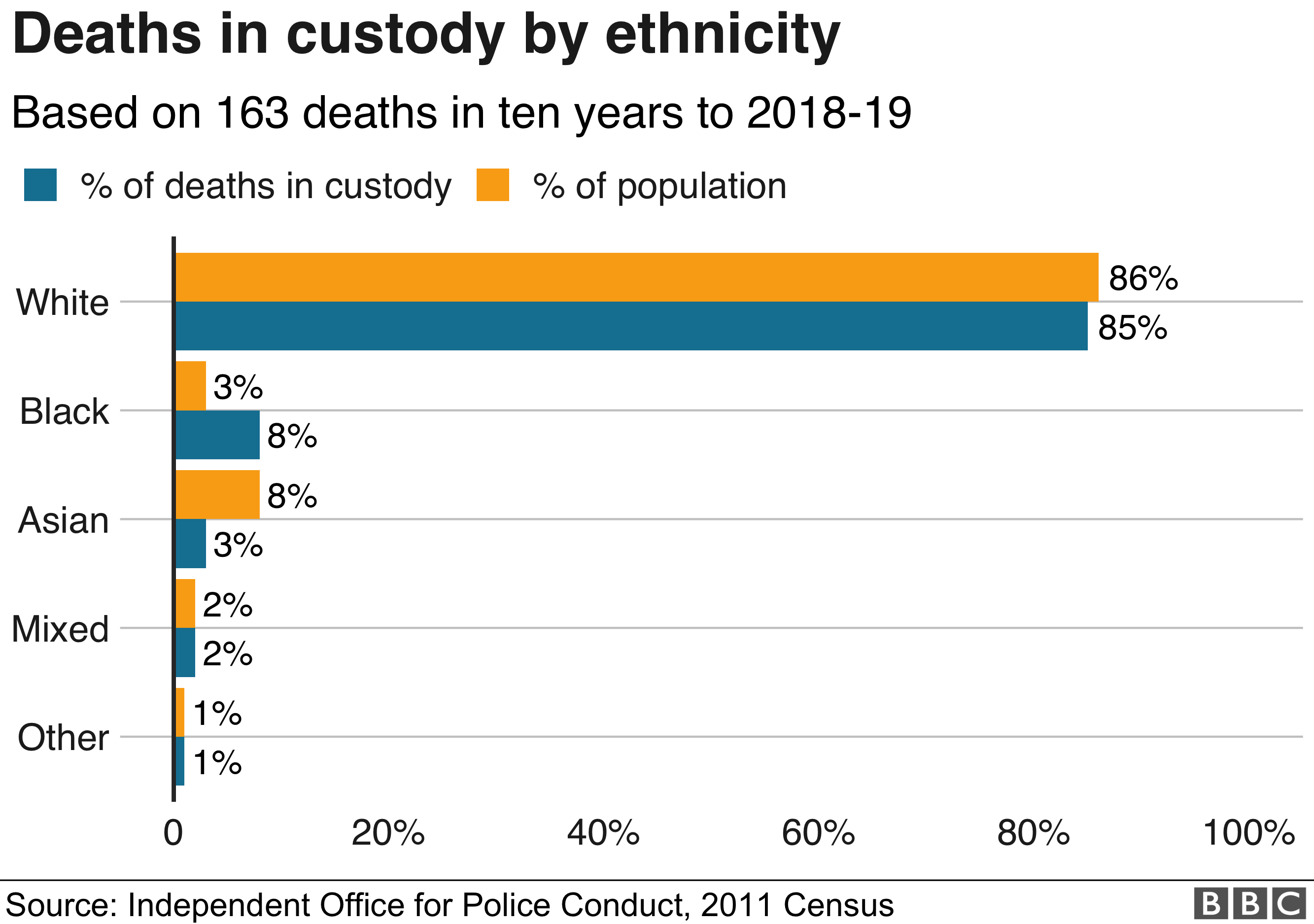| Prejudice - good or bad? | ||||
|
Some years ago, not long after my little operation, I went for a walk in Coleshill. It was a cold day. I saw someone coming towards me wearing boots, jeans, a quilted jacket and a woolly hat. He had a dog on a lead. He looked a bit rough to me. I, by contrast, was wearing what I normally wear - the sort of clothes I wore when I was still an office worker - and no hat. I wondered if I should cross the road, as he looked a bit out of place in our relatively genteel town, but then, as he came closer, I realised that he was a friend of mine, in fact my next-door neighbour. Once I knew who he was my sense of the difference between us, my prejudice, caused by his clothing, evaporated. We are continually told that prejudice is a bad thing, but research has come to what should be an unsurprising conclusion: that prejudice can in fact confer an evolutionary advantage. Why else would we have it as part of our psychological make-up? And of course it exists not only in us as humans, but also in the ‘lower’ orders. The suggestion is that our benefit from and so tendency towards prejudice may come from two things - the constant need to make decisions about the danger we face from others and the need to know whether someone can be relied on to help you when needed. If you feel that you belong to a group, then it seems that you have a short-cut to making those decisions, whether as a human, a chimpanzee or a vampire bat. As members of a group we have a tendency to favour other members, for no other reason than that they are members of our group. So then, if you are prejudiced in favour of people in your own group, you will also feel instinctively that the other members are similarly prejudiced towards you. And largely you will be right. This means in turn that the need to make assessments of reliability or danger will be simplified. Instead you can be reasonably sure that you will be able to trust each other. Trust facilitates co-operation and your group will benefit accordingly. Prejudice can be beneficial. But how do we define our group? It seems that almost anything will do. For chimpanzees, it’s your tribe and for vampire bats it’s who you share your cave with. With humans it can be a variety of things from your social background, to where you live, to the colour of your skin. Even simply being arbitrarily assigned to a ‘group’ by a researcher will be sufficient in the very short term for you to act preferentially towards the others in ‘your’ group. To look after our family and friends preferentially is seen as praiseworthy. But it is still acting out of prejudice. And the corollary of this, to distrust non-members of our group, is also quite efficient as a rule of thumb. Because, granted that we all prefer our others in our group, then obviously the amount of co-operation we shall get from a member of a different group will be less. It would pay therefore to treat an outsider with caution when considering whether or not to trust him. Even our mothers believed in this with their strictures to us not to talk to strangers! It was no doubt a long term requirement in the days of tribes, when there could be continual antagonism between them. In that case, the continuance and indeed reinforcement of the initial reaction would be quite justified. Without such a requirement, however, a problem arises when what ought now only to be a short-term stratagem, turns into something more permanent. As we have seen, there are many who find it difficult to change their minds despite contrary evidence. This means that an initial feeling of distrust stays with them and gradually coalesces into a dislike ‘justified’ retrospectively, by whatever trait, real or imaginary, in that other person seen as undesirable or as making them inferior to you in some way.
What then should we do about what these social problems? To start with, we should not feel guilty at having an initial distrust of people who are ‘different’. We should recognise prejudice as a survival strategy for when we meet people, but clearly not a rational basis on which to treat people in the longer term in the absence of evidence to the contrary. I suspect that some of the difficulty we continue to have is a result of a failure fully to realise the nature of our psychology. This is particularly so amongst the liberal ultras, purists, who in effect deny that prejudice has, or should have, any place at all in our make-up. If we suffer from it, it is because we have been brain-washed by society. They will not recognise that we actually depend upon it, for example, for the well-being of our families. Without the devotion of parents to their children, our social workers would have even more work to do. It. We are then told, very unhelpfully in my view, that we are wicked for having such tendencies. Failure to accept the reality, that it is a useful feature of our psychology, means that attempts to overcome its misapplication are often misdirected. It isn’t a matter of abolishing prejudice wherever it may be, but seeing what its legitimate uses are in our lives, for supporting the efficient working of society, and so by the same light, seeing where it works against how we want society to work. There is, clearly, a lack of sympathy for the position of minority ethnic groups in any society. They are easy scapegoats and so tend to be blamed for the woes of that society by others who are often just as badly off as they are - like the Chinese in Western America in the 19th century, who were considered to be the cause of unemployment, and so poverty, amongst the ‘true Americans’. And naturally, the politicians will encourage such thinking in order to excuse themselves for their failure to resolve the real ills of society. How do we get over this? I’m not sure that we can very easily. Certainly education of children as to what the legitimate purpose of prejudice really is might be useful, at the same time explaining what the misuse of prejudice has done to people over the centuries. I’m sure that demonstrations make some people feel better, even if they rarely produce change of any substance, apart from perhaps the downing of the odd repellent statue. After all, we already have quite strict laws against racial and many other types of prejudice. And so it still leaves us trying to achieve what is the only real solution to the difficulty – an economic one. We need to provide people with opportunities to make a decent living and to be able to live in decent accommodation. Should be easy... Paul Buckingham 7 June 2020 |
||||
|
|

